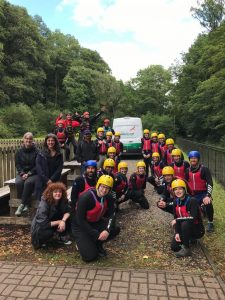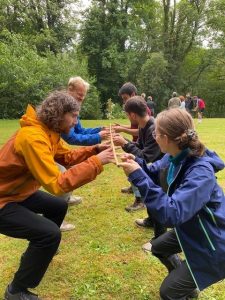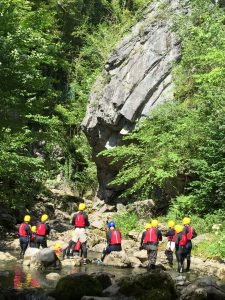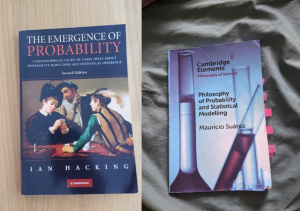Want to find out what a modern PhD in Statistics and Data Science is like?
Access to Data Science provides an immersive experience for prospective PhD students. This fully-funded, two-day event will be hosted by Compass academics and PhD students in the Fry Building, home to the School of Mathematics at the University of Bristol.
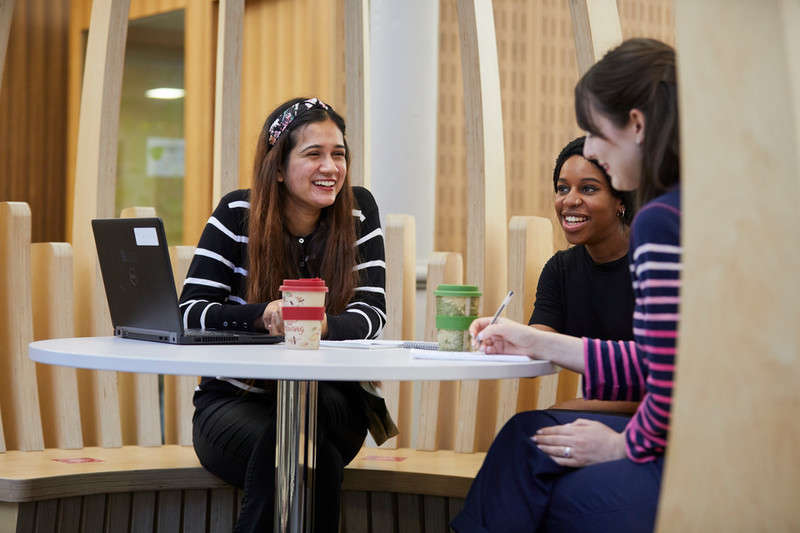
Application deadline: Monday 18 October 2021
Event dates: Monday 8 November – Tuesday 9 November
Find out more about the event here
The purpose of this event is to increase all aspects of diversity amongst data science researchers. We particularly encourage applications from women and members of the LGBTQ+ and BAME communities to join us.

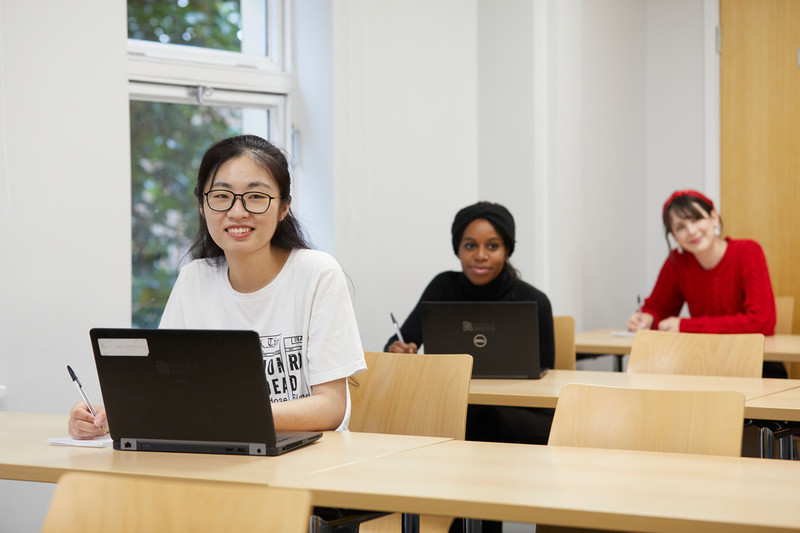
What to expect from the Access to Data Science event:
- attend seminars and guest lectures
- take part in a hands-on workshop
- have exclusive access to an application writing workshop
- work with the current Compass PhD students
- option to attend the Women and non-binary people in mathematics event.
Who can attend
We welcome participants from a range of numerate academic backgrounds, with undergraduate degrees in subjects such as computer science, economics, epidemiology, mathematics, statistics and physics.
We welcome applications from across the UK. Access to Data Science participants will be offered hotel accommodation, reimbursement of travel costs and meals for each day of the event.
Apply to Access to Data Science here


